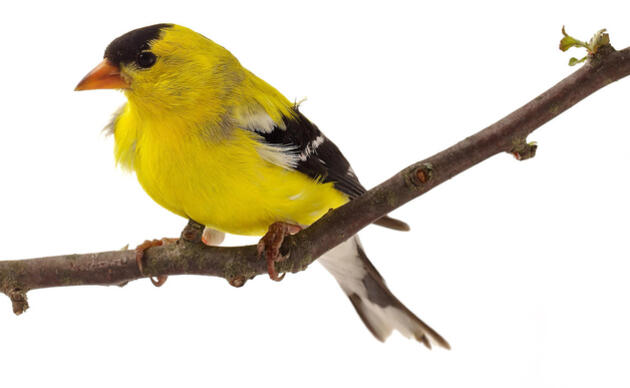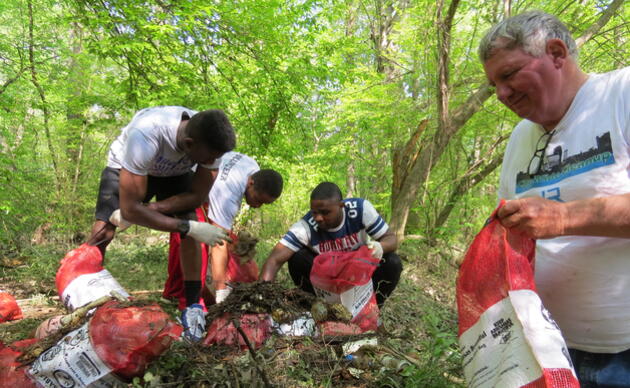The National Audubon Society has launched its Plants For Birds program, a campaign designed to help inform and encourage individuals and communities to grow native plants that benefit wildlife. By adding native plants in one’s yard, balcony, container garden, or public space, individuals can not only attract more birds but give them the best chance of survival in a modern landscape of fragmented habitat, and in the face of climate change.
“Birds are the most common visible wildlife on the planet, and 47 million Americans say they enjoy birdwatching. We wake to birdsong, we connect birds with places, memories, family, and friends,” says Dr. John Rowden, Audubon’s director of community conservation. “As urbanization increases and natural habitats disappear, native plants can go a long way to restoring the environments they need.”
Gardens are outdoor sanctuaries that, with some careful plant choices, can be a vital recharge station for birds passing through. Birds depend on native plants for food, shelter, and places to nest. Most landscaping plants available in nurseries are exotic species from other countries. Many are prized for qualities that make them poor food sources for native birds—like having leaves that are unpalatable to insects and caterpillars they feed on. With 96 percent of all terrestrial bird species in North America feeding insects to their young, planting insect-proof exotic plants means a scarcity of food.
Through Audubon’s public online native plant database, anyone nationwide can access a list of available plants that benefit specific bird species on a local scale. By entering one’s zip code, the database provides a list of native plants custom to the user’s region, with information about the local bird species those plants can support. Nearby Audubon support centers, native plant nurseries, and retailers are also listed for anyone seeking more knowledge and where to obtain the right plants.
Landscaping for wildlife is one of the most individually empowering conservation tools. Not only do native plants benefit birds, butterflies and other wildlife, they generally require less chemicals and water to thrive, reducing maintenance time and costs and environmental hazards such as chemical runoff into waterways.
Where birds thrive, people prosper. Every plant helps. Together, bird lovers across the country can rebuild a natural and sustainable landscape through the beauty of plants. To learn more visit, www.audubon.org/plantsforbirds.



